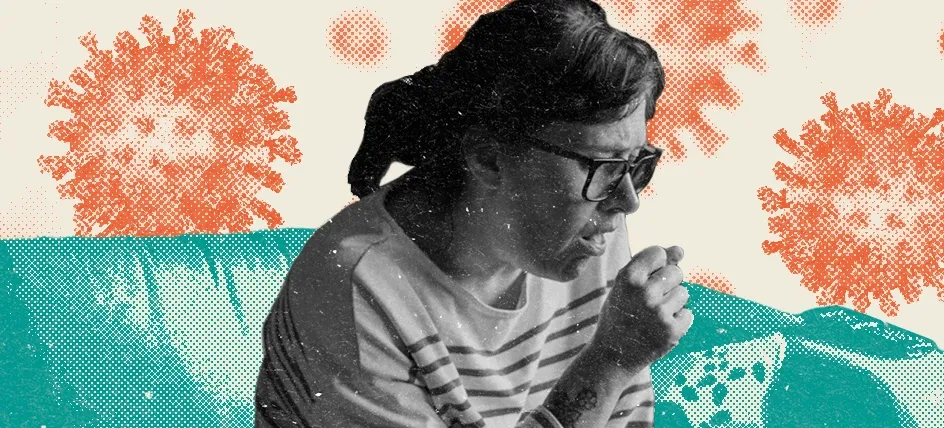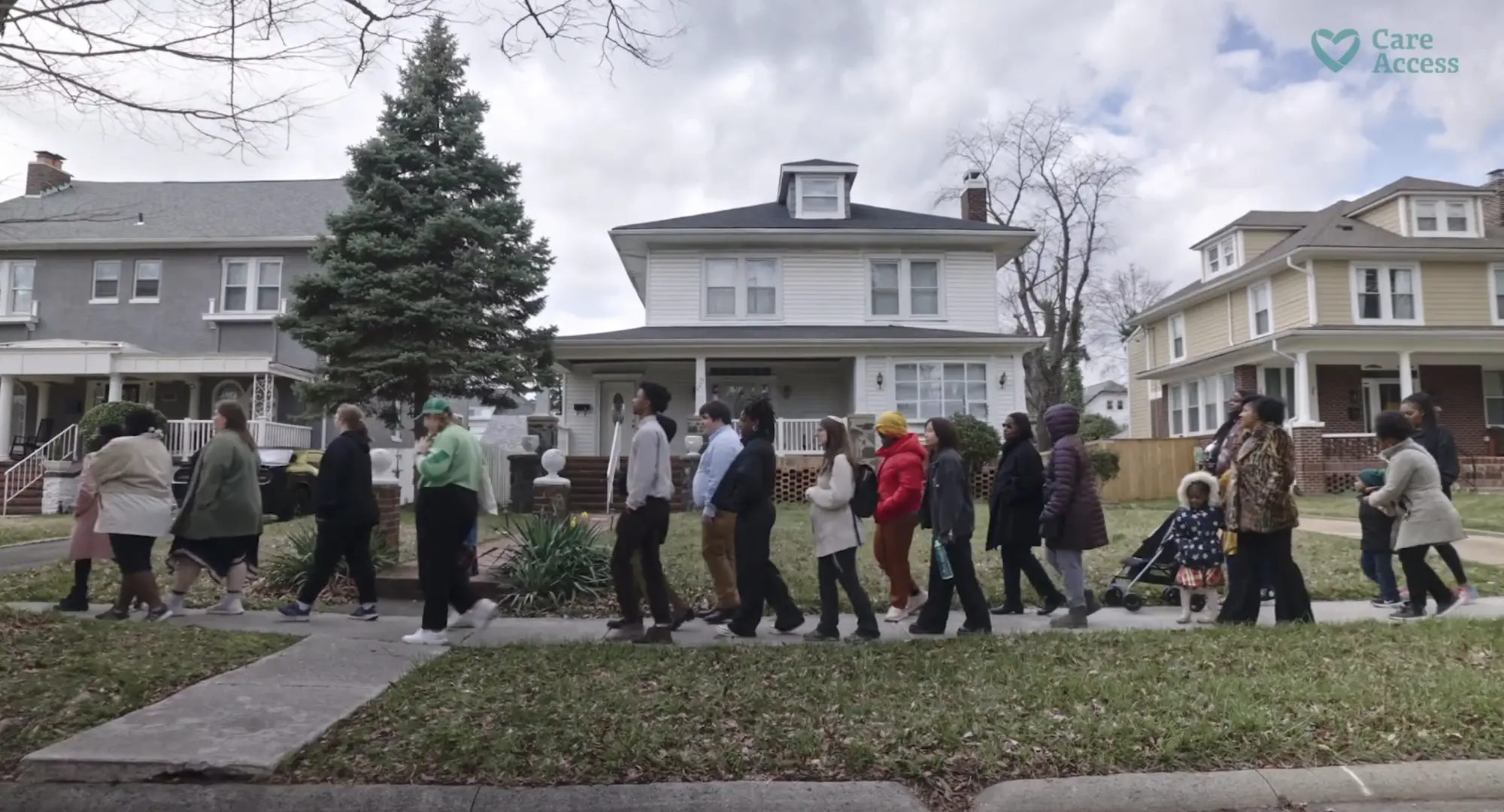Back to Health Resources
Don’t Ignore That Cough: RSV is on the Rise in Adults

As the colder months approach, many adults brace for the usual suspects: colds, flu, and now COVID-19. However, another virus is silently spreading, often mistaken for a common cold but potentially far more dangerous—Respiratory Syncytial Virus (RSV). Traditionally seen as a childhood illness, RSV is increasingly affecting adults, particularly those with weakened immune systems, chronic conditions, and those over 60.

Understanding RSV in Adults
RSV is a contagious virus that infects the respiratory tract. While RSV is most commonly associated with infants and young children, it’s also a growing concern for adults, especially those with certain medical conditions or those living in nursing homes. The Centers for Disease Control and Prevention (CDC) reports that each year, RSV leads to an estimated 60,000-160,000 hospitalizations and 6,000-10,000 deaths among older adults in the United States.1
Symptoms of RSV in adults, including cough, sneezing, runny nose, and fever, can easily be mistaken for the flu or a common cold. However, in more severe cases, RSV can lead to lung infections or pneumonia, and it can worsen existing conditions like asthma, chronic obstructive pulmonary disease (COPD), and congestive heart failure.
Why RSV is a Growing Concern
Because RSV’s early symptoms can be virtually identical to those of the flu or the common cold, people may not feel the need to visit their doctor right away. This can be especially dangerous for some; adults aged 75 and older, those with chronic heart or lung diseases, and those with weakened immune systems are at the highest risk for severe RSV infection. Given the potential severity of the virus and the difficulty in identifying it early, the CDC now recommends that everyone aged 75 and older receive an RSV vaccine. Additionally, adults aged 60-74 with increased risk factors, such as severe obesity, severe diabetes, or other chronic medical conditions, are also advised to get vaccinated.
Prevention and Protection
Preventing RSV is crucial, especially for those at higher risk. Basic hygiene practices that were drilled into us early in the COVID-19 pandemic, such as frequent handwashing, avoiding close contact with sick individuals, and disinfecting surfaces, can reduce the risk of infection of RSV as well.

Prevention can only protect you so far, however. So if you fall within the high-risk categories, it’s important to consult your healthcare provider about the RSV vaccine. The best time to get vaccinated is in late summer or early fall to ensure protection when RSV starts to spread.
Flu, RSV, COVID-19 or Just a Cold?
The common winter illnesses all share symptoms like cough, headache, sneezing, runny nose, and congestion. But what are the signs that you might have more than just a cold?
Aches
Cold
Flu
COVID-19
RSV
SOMETIMES
OFTEN
SOMETIMES
RARELY
Difficulty Breathing
Cold
Flu
COVID-19
RSV
RARELY
RARELY
OFTEN
SOMETIMES
Fatigue
Cold
Flu
COVID-19
RSV
SOMETIMES
OFTEN
OFTEN
RARELY
Fever
Cold
Flu
COVID-19
RSV
RARELY
OFTEN
SOMETIMES
SOMETIMES
Loss of Taste or Smell
Cold
Flu
COVID-19
RSV
RARELY
RARELY
SOMETIMES
RARELY
Sore Throat
Cold
Flu
COVID-19
RSV
OFTEN
SOMETIMES
OFTEN
RARELY
Wheezing
Cold
Flu
COVID-19
RSV
RARELY
RARELY
RARELY
OFTEN
Cold
Flu
COVID-19
RSV
Aches
SOMETIMES
OFTEN
SOMETIMES
RARELY
Difficulty Breathing
RARELY
RARELY
OFTEN
SOMETIMES
Fatigue
SOMETIMES
OFTEN
OFTEN
RARELY
Fever
RARELY
OFTEN
SOMETIMES
SOMETIMES
Loss of Taste or Smell
RARELY
RARELY
SOMETIMES
RARELY
Sore Throat
OFTEN
SOMETIMES
OFTEN
RARELY
Wheezing
RARELY
RARELY
RARELY
OFTEN
SOURCE: National Foundation for Infectious Diseases
CONTRIBUTING EXPERT

Sinikka Green, MD
Dr. Green is the Medical Director and a Principal Investigator at Care Access. She is board certified in emergency medicine.
SOURCES
- Centers for Disease Control and Prevention (CDC). "RSV in Older Adults” https://www.cdc.gov/rsv/older-adults/index.html
DISCLAIMER
The information provided on Care Access is intended for informational purposes only and should not be considered as a substitute for professional medical advice, diagnosis, or treatment. Always seek the advice of your physician or other qualified healthcare provider with any questions you may have regarding a medical condition. Our products and content are not intended to diagnose, treat, cure, or prevent any disease.
Explore More Health Resources

STORIES from the Heart

